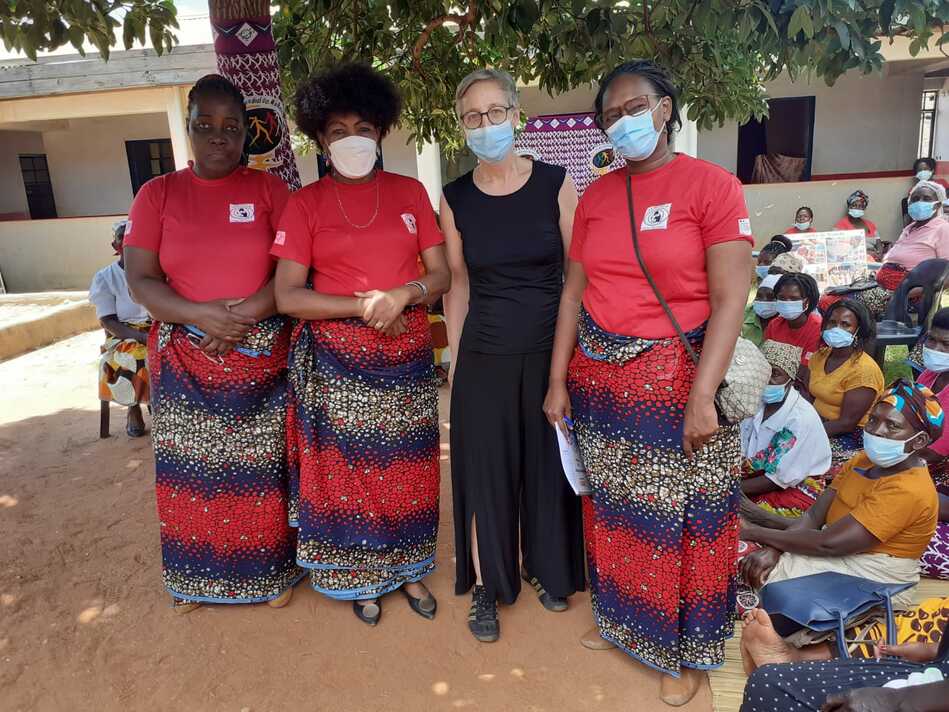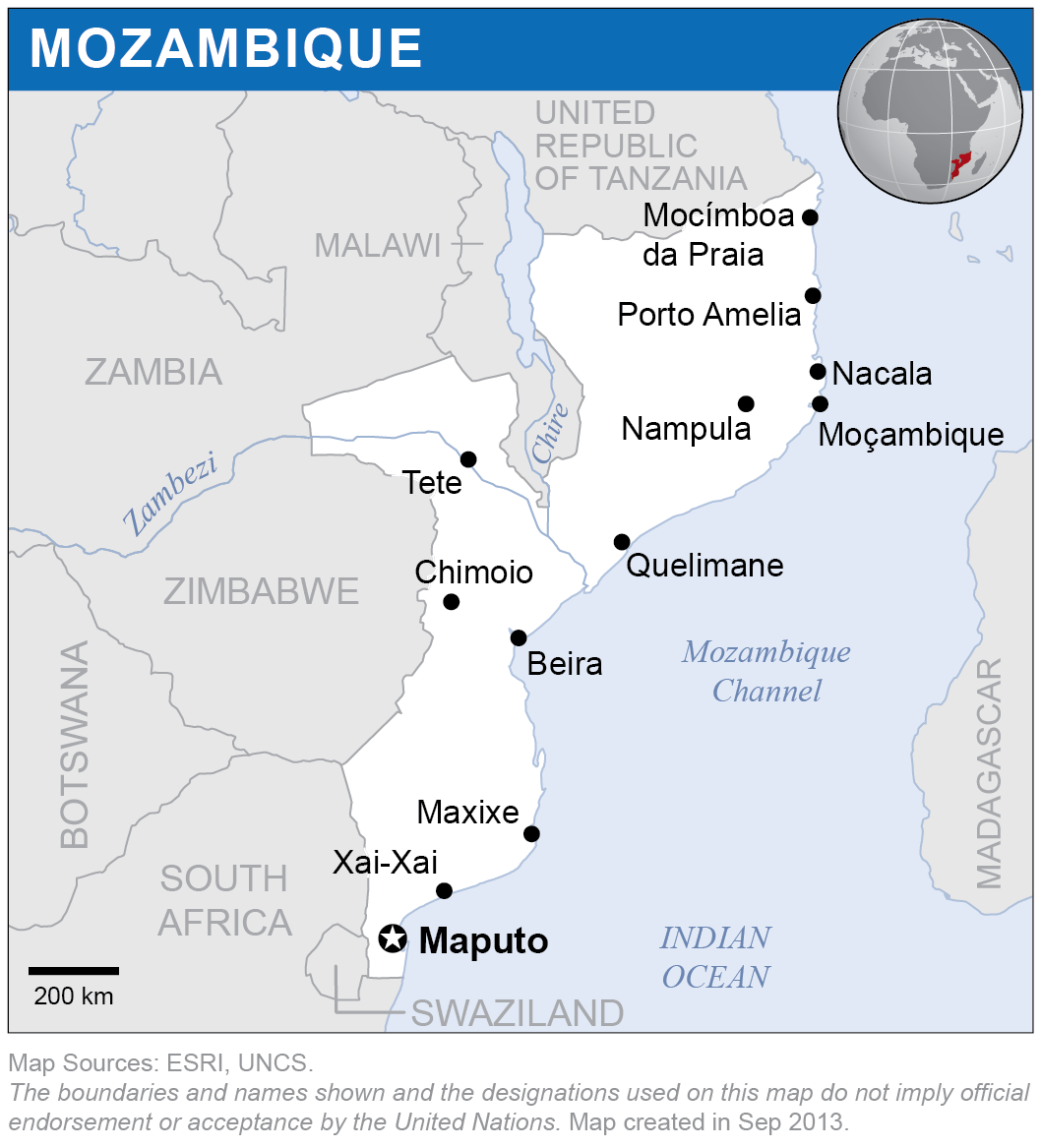 Le MuSiCa
Le MuSiCa Le MuSiCa, is an international women’s group that is involved with gender-based issues in Mozambique.
The recent achievement of a group of female volunteers opposed to ‘violence against women’ in central Mozambique provides a good chance to examine the country’s gender-based violence problem in greater depth. Recognizing the deficiencies and a lack of progress in human rights in Mozambique, Mariem Marouani takes a look at the critical impact that these volunteers are making to bring about change. Plus, Marouani gives an analysis of other equally important international initiatives that are influencing women, gender issues, and politics in Mozambique.
On June 9, Africa News, the Paris-based pan-African news media published a story about a positive example of how to address violence against women in rural Mozambique, and it’s encouraging to see how successful this project has been in combating gender violence.
It is a group of volunteers working in central Mozambique who intervene on behalf of the victims, primarily through verbal deterrence and awareness programs.
The volunteers’ efforts are aided by the local NGO Lemusica. In Portuguese, the name translates to “Stand up, woman, and follow your way.” The organization’s mission places an emphasis on education and awareness-raising. They operate a shelter for girls and adolescents in Chimoio, the regional capital.
Although they have the authority to stop the aggressors and arrest them while waiting for police from the nearest center to arrive, they rarely use force.
After 10 years of operation, they have recorded one case of violence per month on average. In fact, they are more concerned with assisting the victim than punishing the aggressor. The existence of a room reserved for the victim in the community prison, where she can receive care and report in privacy, was previously unthinkable.
Given that this is a group of female volunteers, who face male reluctance, such a decrease in reported cases and the paradigm shift in the community required for this achievement is a great sign of hope.
Violence Against Women
Mozambique has a law against gender-based violence, Act 29 of 2009, but it is rarely enforced in rural areas. This allows for a variety of forms of violence, not just “simple” physical violence.
Violence against women in Mozambique includes actual assault, in which the victim’s ability to reproduce, use their body and senses, and perform manual and intellectual work, is harmed. There is also moral violence, in which honor is harmed. There is psychological violence within relationships. This is in the form of sexual violence; the destruction of property in which the victim’s and his family’s property and animals are harmed or objects belonging to the victim’s former relations are appropriated.
Nonetheless, as reported by the Pas, despite having a large number of women in important political positions, Mozambique is one of the southern African countries where women face the most violence, ranking near the bottom in terms of human rights protection.
After all, in a country where roughly half of the female population marries before the age of 18, a fifth has experienced violence, and few report it. It is critical to engage in dialogue and raise awareness in society in order to change women’s perceptions.
Mozambican tradition would justify violence. Furthermore, because local governments are ill-prepared to deal with these issues, the majority of the population resorts to the courts.
Organizations Supporting Women
The situation has become so critical that international organizations with a presence in Mozambique have decided to mobilize.
One example is Doctors of the World’s M-Health campaign, which allows citizens to contact the health center they run in Maputo anonymously, free of charge via SMS.
They began operations in Mozambique in 2000 and work in a variety of areas, including sexual and reproductive rights. We’re told this work is carried out in collaboration with the Mozambique Minister of Health
Spotlight is another international project working in Mozambique to end gender-based violence. It is funded by the European Union and the United Nations in order to meet the Sustainable Development Goals of the United Nations (UN) Agenda 2030.
A Call to Action
Dialogue and awareness-raising initiatives are beneficial in combating gender-based violence. These local initiatives are essential because they can rely on population knowledge, agility in adapting to change, and the relatively little organization required to move and coordinate the efforts.
International projects, on the other hand, can benefit from a larger support network, larger funding, and more expertise. They could optimize their work by coordinating and complementing each other.
It is unrealistic to expect Mozambique to completely eradicate gender-based violence in a few decades; however, the seeds have been planted.

